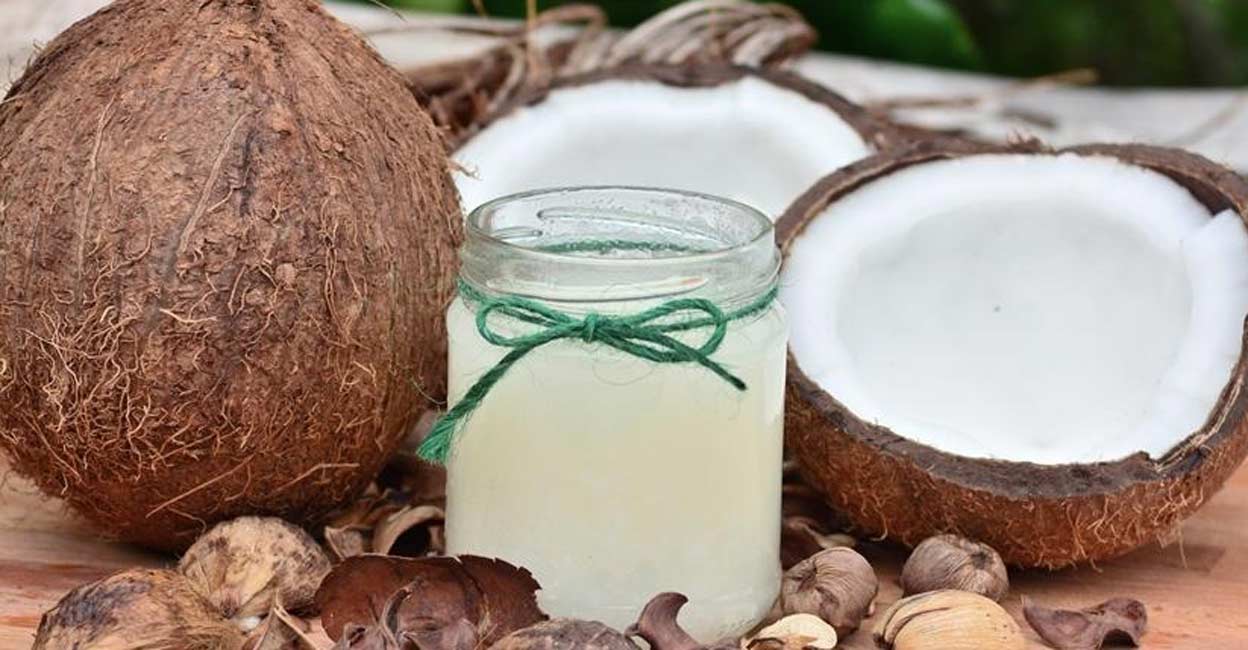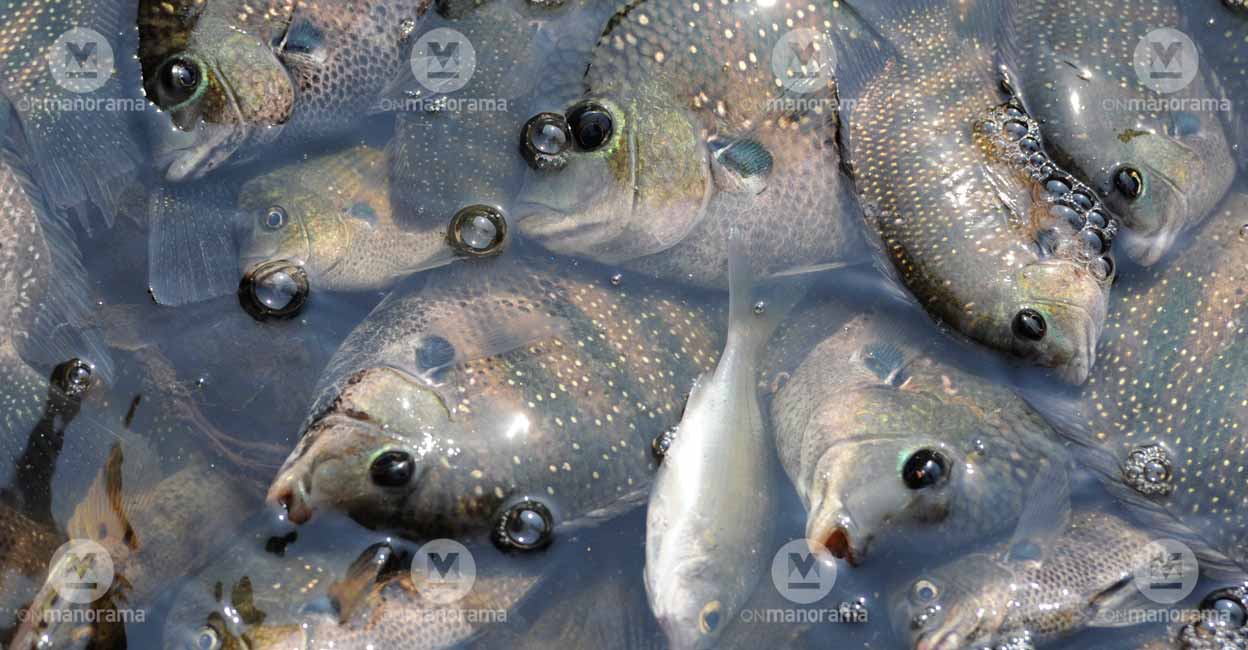Tips to check whether your food is adulterated

Mail This Article
Even though everyone is concerned about safe eating, not many are aware about the ways in which food safety could be ensured. It is easier to grow organic veggies in your own backyard. Masala powders too could be ground at your house and stored in safe and clean conditions. However, is it possible to ensure whether the fish, meat and tea powder that you use on a daily basis is safe for consumption?
The Food Safety and Standards Authority of India (FSSAI) suggests a few methods to ensure the safety of the food items. If you are willing to follow these tips and guidelines, you could enjoy clean and nutritious food that would nourish your soul and body.
Chilli powder
The method to check the purity of chili powder and coriander powder by stirring them into water is a common trick. Common adulterants like sawdust, brick powder and other debris would get deposited at the bottom with this method. Another method is to spread some chili powder on a sheet of white paper. Add some water. If the colour spreads onto the paper, then the chili powder has been adulterated.
Coconut oil
Despite the rising prices of coconut oil, Keralites are still reluctant to try other oils. However, it has become common to adulterate coconut oil using harmful substances that aren’t easy to detect. In order to test whether coconut oil is pure, take the oil in a transparent vessel or jar. Keep it in the fridge for at least half an hour. Do not keep it in the freezer. After half an hour, the unadulterated and pure coconut oil would have set into a solid form. The simple logic that other oils set at various temperatures has been used here.

Silver or aluminium foil?
Silver foils are widely used to wrap food items or re-heat them in microwave. But, these sheets of silver foils may contain traces of aluminium too which is quite harmful. In order to test whether it is silver foil, tear a piece of it and crumble. The sheet would crumble effortlessly if it is silver. However, aluminium foil would crumble only in slices. Now take these crumbled foils in a spoon. Show them over flame. If it is silver, it would completely burn away as gleaning bubbles. But, aluminium foil would turn into ashes.
Pepper
Papaya seeds are widely added to contaminate pepper. To know this, put the pepper corns in a glass of water. The real ones would go down to the bottom while the impurities float on the surface.
Tea
Tea is used in every household even though we cannot produce it at home. Most people buy tea of reputed brands thinking that they are pure. You could test whether the tea that you drink every day is pure using a filter paper that is easily available in stationary stores. Put some tea on this paper. Sprinkle water on them as drops. The colour of pure tea would spread only in hot water. The tea has to be boiled for its colour to spread. However, colourants would spread even in normal water. If the colour spreads on the filter paper, then the tea is adulterated.
Formalin fish?
There are many uses for the organic acid called formaldehyde. However, the law states that this shouldn’t be added in food items. A dangerous chemical called formalin would be formed if water is mixed in formaldehyde. This solution is sometimes illegally added in fish and meat to increase its shelf life. It could be extremely dangerous if it reaches the body in high concentration. The Central Institute of Fisheries Technology in Kochi has developed a special kit to detect the presence of formalin in fish. A paper and special solution are provided in this kit. First rub the paper on the fish skin and then spread the solution on that paper. If the paper turns blue in colour, it means that the fish has been contaminated with ammonia or formalin. However, it is safe for consumption if the paper turns yellow in colour.

Information courtesy:
Dr. K Ramalakshmi, Professor and Head of the department
Sreemakal A, Assistant professor, Department of Food Technology, Rajalakshmi Engineering College, Chennai

